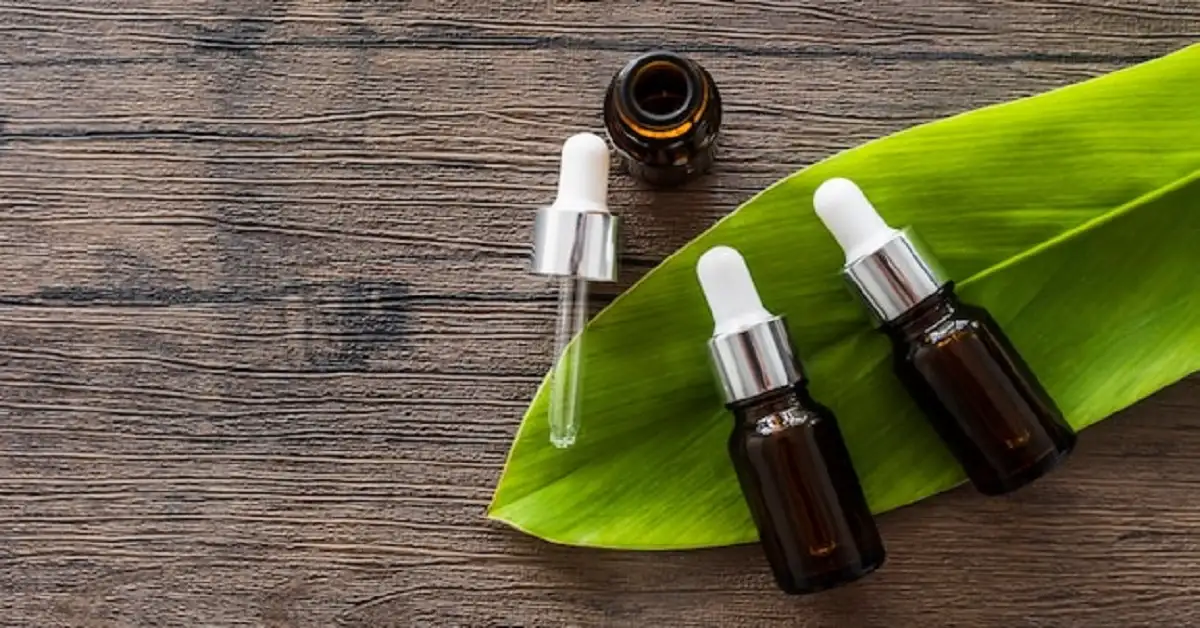In the realm of cannabinoids, Delta 8 THC has emerged as a fascinating compound with promising therapeutic potential. While Delta 9 THC remains the most well-known cannabinoid, Delta 8 is gaining traction for its milder psychoactive effects and purported health benefits. This article delves into the world of Delta 8 products, exploring their benefits, legality, and considerations for consumers.
Understanding Delta 8 THC
Delta 8 THC, short for Delta-8-tetrahydrocannabinol, is a minor cannabinoid found in both hemp and cannabis plants. Unlike its more famous cousin Delta 9 THC, which is known for its potent psychoactive effects, Delta 8 THC offers a milder high, often described as more clear-headed and less anxiety-inducing.
The Potential Benefits of Delta 8 Products
- Mood Enhancement: Delta 8 THC may offer mood-boosting effects, promoting relaxation and stress relief without the intense high associated with Delta 9 THC. Many users report a gentle euphoria and an uplifted mood after consuming Delta 8 products.
- Pain Management: Like other cannabinoids, Delta 8 THC has shown potential as a pain reliever. It interacts with the body’s endocannabinoid system, which plays a key role in regulating pain perception. Some users find Delta 8 products helpful for managing chronic pain conditions.
- Appetite Stimulation: Delta 8 THC is known for its appetite-stimulating effects, similar to Delta 9 THC. This can be particularly beneficial for individuals experiencing appetite loss due to medical treatments or certain health conditions.
- Neuroprotective Properties: Preliminary research suggests that Delta 8 THC may have neuroprotective properties, meaning it could help protect the brain from damage and degeneration. While more studies are needed, this potential makes Delta 8 products an intriguing area of research for conditions like Alzheimer’s disease and other neurodegenerative disorders.
Legality and Considerations
The legal status of Delta 8 THC is a topic of debate and confusion. While Delta 9 THC is classified as a Schedule I controlled substance in the United States, Delta 8 THC exists in a legal gray area. The 2018 Farm Bill legalized hemp and its derivatives, including cannabinoids like CBD. Some argue that Delta 8 THC derived from hemp is therefore legal, while others contend that it falls under the Controlled Substances Act.
Consumers interested in trying Delta 8 products should be aware of the following considerations:
- Legal Status: Laws regarding Delta 8 THC vary by state, and regulations are subject to change. It’s essential to research the legality of Delta 8 products in your area before purchasing or consuming them.
- Quality and Safety: As with any cannabinoid product, it’s crucial to choose reputable brands that prioritize quality and transparency. Look for Delta 8 products that have been tested by third-party laboratories for potency and purity.
- Dosage and Effects: Delta 8 THC affects each individual differently, and its potency can vary depending on factors such as dosage and method of consumption. Start with a low dose and gradually increase it as needed to gauge your tolerance and response.
- Potential Side Effects: While Delta 8 THC is generally well-tolerated, some users may experience side effects such as dry mouth, red eyes, increased heart rate, or sedation. If you experience any adverse effects, discontinue use and consult a healthcare professional.
Exploring Delta 8 Products
Delta 8 products come in various forms, including:
- Delta 8 THC Tinctures: Liquid extracts infused with Delta 8 THC, typically administered sublingually for fast absorption.
- Delta 8 THC Edibles: Gummies, chocolates, and other infused treats offer a convenient and discreet way to consume Delta 8 THC.
- Delta 8 THC Vape Cartridges: Inhalable products that deliver Delta 8 THC quickly into the bloodstream for rapid effects.
- Delta 8 THC Capsules: Pre-measured doses of Delta 8 THC in capsule form, ideal for precise dosing and convenience.
Conclusion
Delta 8 products represent a promising frontier in the world of cannabinoids, offering a unique blend of therapeutic potential and mild psychoactive effects. While research on Delta 8 THC is still in its early stages, anecdotal evidence and preliminary studies suggest that it may offer a range of benefits, from mood enhancement to pain relief. However, consumers should exercise caution, research the legality of Delta 8 products in their area, and choose high-quality, reputable brands. With careful consideration and responsible use, Delta 8 products have the potential to enhance well-being and offer an alternative approach to holistic health and wellness.
